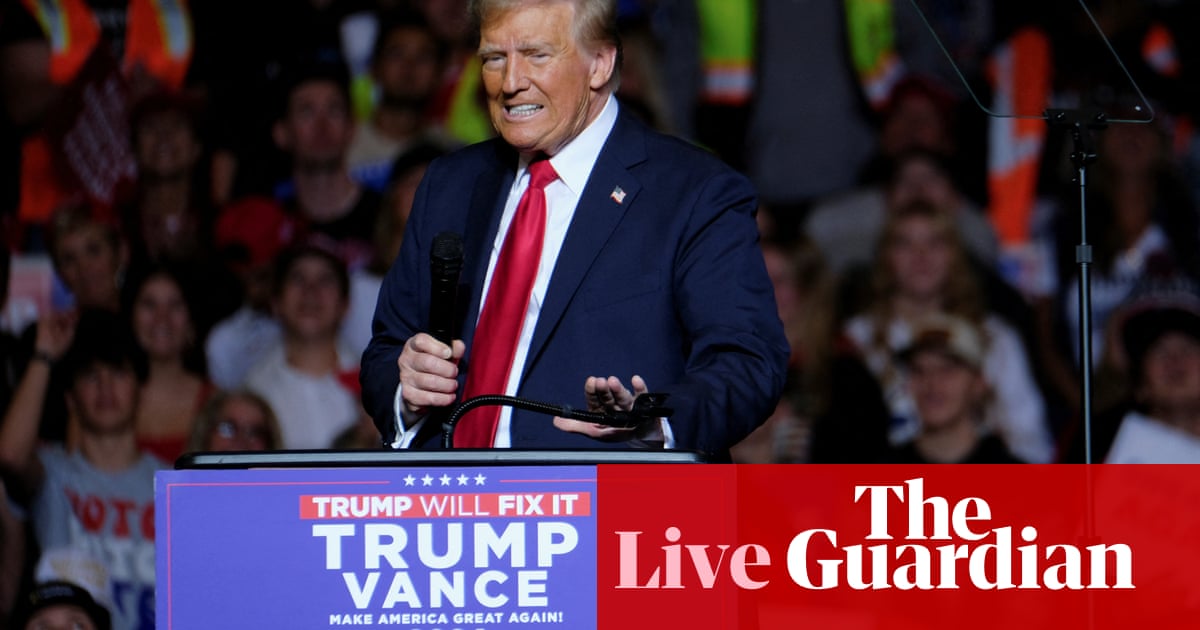
About 100 people gathered Sunday in Evanston’s Fountain Square to listen to speakers, sing and call for a cease-fire in Gaza and for the return of Israeli hostages held in the Gaza Strip. The event was organized by Standing Together, a group that aims to mobilize Jewish and Palestinian citizens of Israel to fight for peace.Hila Ratzabi, director of communications at North Shore Congregation Israel, said the war in Gaza is personal to her as a Jewish Israeli American dual citizen, and she wanted to provide a space dedicated solely to peace.“What I have learned from this history of violence is simple,” Ratzabi said. “War makes no one safe. Today we will share our collective grief for all the lives lost in this war. We will share our demand for an immediate bilateral cease-fire and hostage deal, for diplomacy and for a path forward that offers safety and freedom for everyone.”Faisal Alabsy, who is originally from the West Bank, followed Ratzabi, speaking about his experience growing up in the Israel-controlled territory. In 2001, he said, his sister died after Israeli police refused her access to a nearby city and she was not able to get dialysis treatment.Alabsy criticized Israel’s government for its bombardment of Gaza and its treatment of Palestinians prior to the Israel-Hamas War. The war began in October after Hamas attacked southern Israel, killed some 1,200 people and took 250 hostages. Since then, more than 34,000 Palestinians have been killed, according to the Gaza Health Ministry.
“I see the dehumanization firsthand when I travel back to visit my family in Palestine,” Alabsy said. “There, I can only transit on certain roads. My family has limited access to water and electricity and endures hundreds of checkpoints within local towns, even for daily activities like going to school or work.”Alabsy urged the crowd to continue seeking out Palestinian voices in the news, films and in books, and asked attendees to demand a Gaza cease-fire in their local communities. He also asked people to contact their U.S. House and Senate representatives to ask for humanitarian aid and health care in northern Gaza, where the United Nations has said millions of people are at risk of starvation.He emphasized Ratzabi’s message that war should not be part of the road to peace in the Middle East.“What we are witnessing today is not normal,” Alabasy said. “No group should claim victory or success when civilians are killed or mortally harmed in mass numbers. … This idea that security can be achieved through force implies that more force would lead to more security, and this hasn’t been the case in decades. In fact, it’s made people less secure.”Elliot Frolichstein-Apple, an Evanston resident, said Alabasy’s message particularly resonated with him.Frolichstein-Apple said he came to Sunday’s rally to find solidarity with a message that is different from what he’s seen in other demonstrations across the Chicago area. He said the conversation felt more realistic and focused on what he called a lack of leadership in the Middle East.“What’s happening in Gaza and Israel is antithetical to what I believe as an American and what I believe as a Jew,” Frolichstein-Apple said. “But there’s a lot more nuance here than I’ve seen other places, and I was grateful for that.”People gather for an Israeli-Palestinian unity rally to promote peace, May 19, 2024, at Fountain Square in Evanston. (Brian Cassella/Chicago Tribune)Rabbi Lizzi Heydemann, founder of Mishkan Chicago, reflected on that nuance, and what she called a binary that forces people to define themselves as “Pro-Palestinian” or “Pro-Israel.” She said placing Palestinians and Israelis in opposition does nothing to achieve peace in the region and wasn’t the goal of Sunday’s event.Asking the crowd to repeat her, she said, “We need to tell a new story.”Heydemann said there should be coexistence and cooperation between Jews and Palestinians in the region, emphasizing that each group’s safety and freedom is inextricably tied with the other.“When you’re looking at 14 million human beings between the Jordan River and the Mediterranean Sea, it is impossible to say that one ethnic or religious or national side is morally correct and vindicated in all ways at all times,” Heydemann said. “If we fall into binaries, we will perpetuate them, and so we need to tell a new story.”
Source link





